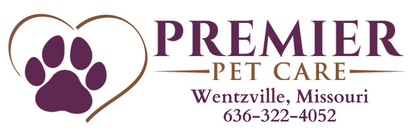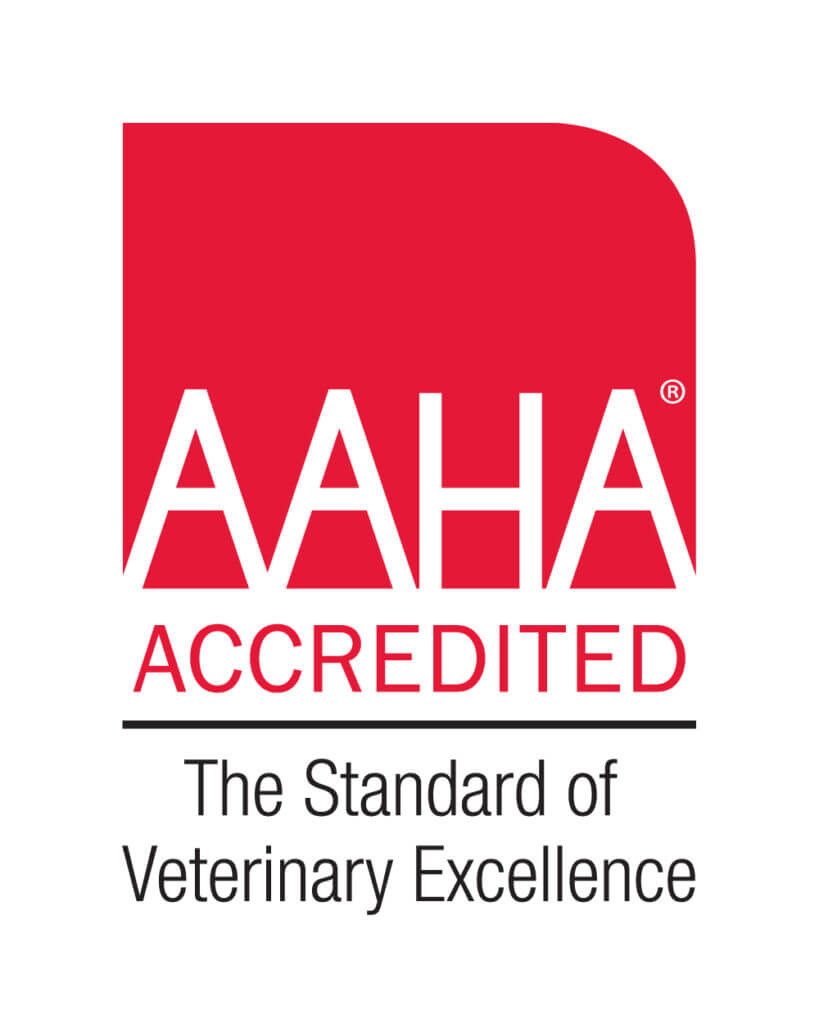Excellent dental care is one of the best ways to improve the health of your pet
When your dog or cat has bad breath, it is not only annoying—it is the first symptom of this serious issue. The same oral bacteria responsible for the unwanted aroma can potentially travel to your pet’s other vital bodily systems, including the heart, lungs, liver, and kidneys, where it can cause pain and discomfort. Dental disease can also make getting adequate nutrition difficult for your pet, and affect their quality of life.
Here are some other telling symptoms that your pet may have some form of dental disease:
- Loose teeth
- Discolored teeth
- Bad breath
- Discomfort or avoidance when you try to touch their mouth area
- Excessive drooling or inability to hold food in the mouth
- Oral bleeding
- Weight loss or appetite loss
The first step to preventing dental disease in your pet is a dental assessment. During a wellness visit, we will perform the dental assessment by taking a look at the teeth and gums of your pet. This will help us determine if they have dental disease, and what the extent may be. In turn, we can formulate a treatment plan. We recommend an annual schedule for dental assessments and dental cleanings.
We perform whole mouth dental radiographs on every patient undergoing a complete oral health assessment and treatment (COHAT), in addition to a full mouth exam, to see the underlying formation of your pet’s teeth and gums. It is not unusual for the teeth or gums to be found severely diseased, and extractions may be needed. In this instance, we will help you to plan the appropriate procedure and make sure that excellent pain control is used. We perform local dental nerve blocks to help prevent pain before, during, and after the procedure.
Dental Cleaning
During a dental cleaning, we will use an ultrasonic scaler and full mouth X-rays in tandem for the best results. Scaling will remove the plaque and tartar that could potentially lead to periodontal disease. Ultrasonic and hand dental scalers help us to remove the dental deposits which are dangerous to your pet. Next, the teeth are polished to remove residual plaque and smooth the surface of the tooth. Then, the pet’s mouth is rinsed to remove any residual debris.
In cases of advanced dental disease, oral surgery may be required to alleviate pain and prevent further infection. Our team is equipped to perform a variety of both advanced and routine oral surgical procedures.
At-Home Dental Care
After a veterinarian conducts a dental assessment and treats your pet, they will advise on how you can continue to care for your pet’s dental health at home. Brushing the teeth is recommended, but many cats and dogs refuse to cooperate enough to facilitate this healthy habit. Luckily, there are a variety of chews, rinses, and toys that can also help to partially clean the teeth. In addition to advising on at-home care, we will also help to schedule your pet’s next follow-up dental assessment.


